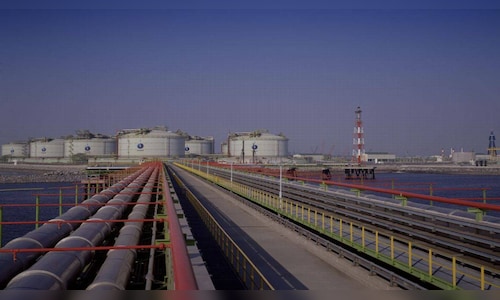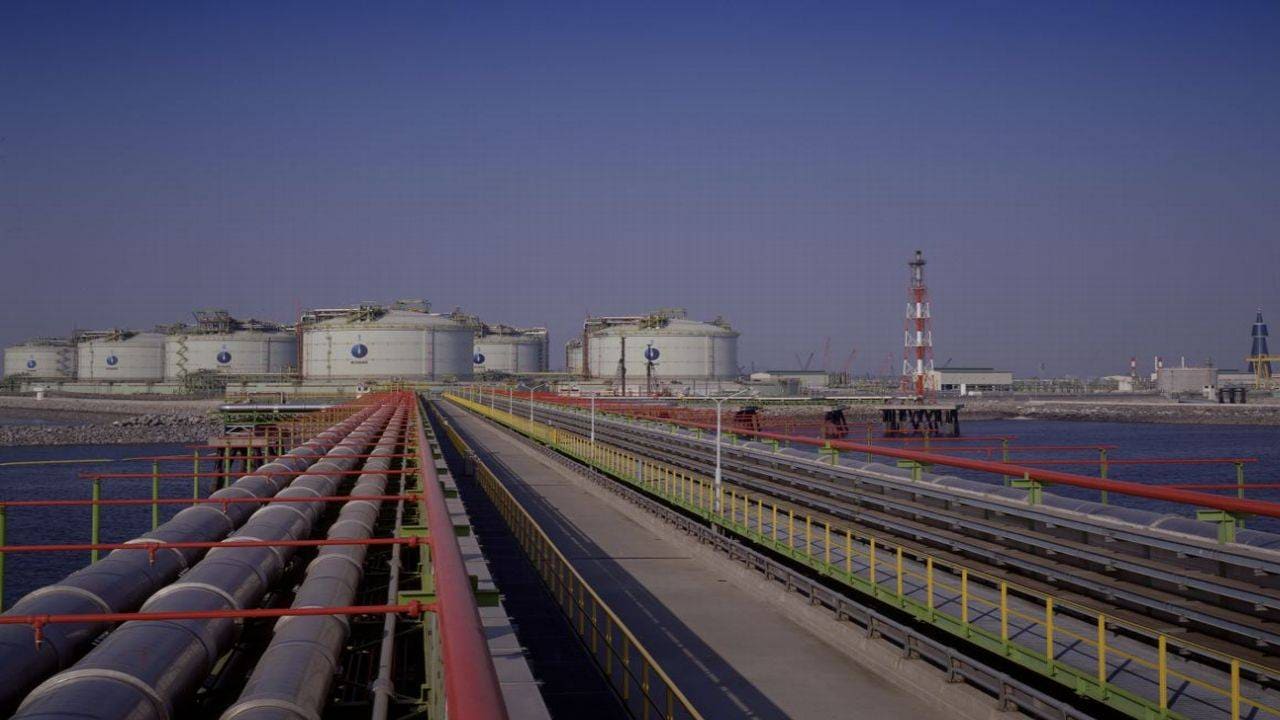

| Company | Value | Change | %Change |
|---|
Further, Petronet LNG said that PLL’s Dahej terminal offers competitive and one of the lowest Regas charges as compared to any other terminals in the country. “Such regas charges have been fixed on the basis of agreements between Petronet LNG and various users / capacity.”
It also said that LNG regas charges constitute only 5% to 6% of delivered gas price to the consumers. “Also, the regas tariff in the country is market determined and there is no monopoly in the regas terminal business,” the company said in a statement.
Petronet LNG was called out by the regulator PNGRB in a recently released paper.
The company being pulled up by the PNGRB was observed in the paper, accessed by CNBC-TV18.
PNGRB wrote in its paper that despite Dahej’s plan to expand to 22.5 MMTPA, its re-gas charges have escalated by 5% annually and now stand at an enhanced level for the entire capacity.
“Rising charges while capacities have increased along with over 90% capacity utilisation has led to the company (Petronet LNG) being able to profit immensely at the cost of gas consumers,” the PNGRB wrote. “As new terminals are established nationwide, they follow the same tariff basis as Dahej, which needs reconsideration,” the regulator said.
Additionally, the PNGRB said that there is a need for a regulatory framework to bring regassification activity under its purview. According to the PNGRB, this move is essential to ensure fair pricing, transparency and efficient utilisation of LNG import infrastructure.
“Some regasification terminals are designed for further expansion, potentially doubling their existing capacity. However, the benefits of such expansions are not shared with existing customers through reduced regasification charges,” PNGRB wrote in its paper.
Petronet LNG being called out by the regulator was also highlighted by foreign brokerage Citi in its research note. The brokerage firm has a ‘Sell’ recommendation on Petronet LNG with a price target of ₹310 per share.
The foreign brokerage believes that the latest PNGRB move clearly introduces a meaningful regulatory risk for the company.
“Together with increasing competition, we believe this adds to the uncertainty on the sustainability of Petronet LNG’s historically strong pricing power,” Citi said.
Consequently, Citi has opened a 90-day Negative Catalyst Watch on Petronet LNG. The brokerage’s price target implies a potential downside of 10% from Wednesday’s closing levels.
Shares of Petronet LNG are currently trading 5.49% lower at ₹328.50. The stock has begun 2025 on a negative note, having gained 45% last year.
First Published: Jan 2, 2025 2:33 PM IST



